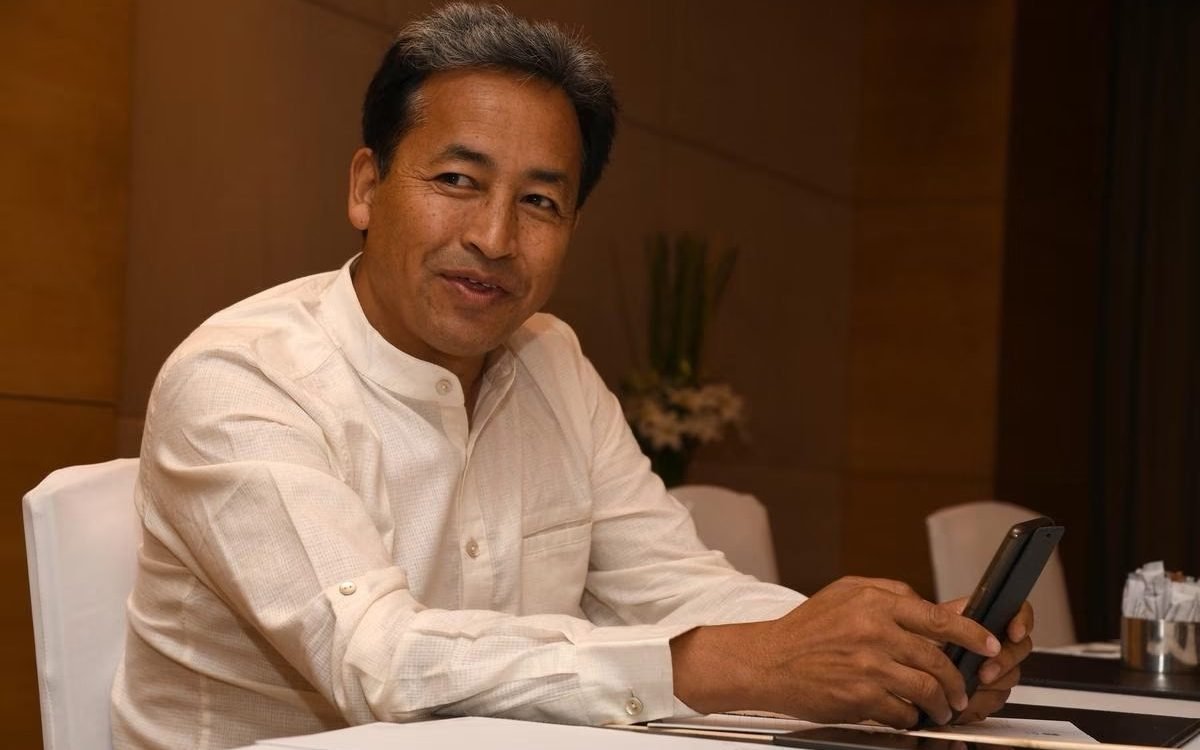In the rugged terrain of Ladakh, a battle rages for the preservation of indigenous rights and the protection of local interests against the backdrop of political upheaval and bureaucratic indifference. At the heart of this struggle stands Sonam Wangchuk, a prominent climate activist and education reformer whose impassioned plea for constitutional safeguards echoes across the icy landscape of the region.
Wangchuk’s resolve to fast unto death in sub-zero temperatures underscores the gravity of the situation and the urgent need for dialogue and resolution. At stake is not just the fate of Ladakh’s people but the preservation of its cultural heritage and the safeguarding of its future against the encroachment of industrial interests and political neglect.
The demands put forth by civil society leaders, represented by the Leh Apex Body and the Kargil Democratic Alliance, are rooted in a quest for recognition, representation, and empowerment. The inclusion of Ladakh in the Sixth Schedule of the Constitution emerges as a beacon of hope, promising tribal status, job reservation, and parliamentary representation for its diverse populace.
Wangchuk’s call for solidarity resonates beyond the snow-capped peaks of Ladakh, urging the people of India to stand in support of a just cause and the fulfillment of promises made by political representatives. The disillusionment with electoral manifestos and the erosion of democratic representation loom large, casting a shadow over the integrity of India’s electoral process and the accountability of its leaders.
The erosion of Article 370 and the subsequent transformation of Ladakh into a Union Territory have laid bare the vulnerabilities of the region, stripping away legislative powers and democratic representation. The protests that have erupted in response reflect a deep-seated concern for the preservation of land, resources, and employment opportunities for the local populace amid bureaucratic overreach and governmental apathy.
As civil society leaders and government officials convene for yet another round of talks, the hopes of Ladakh’s people hang in the balance. Concrete solutions and genuine engagement are imperative to address the grievances and aspirations of the region’s inhabitants and to pave the way for a future defined by inclusivity, empowerment, and equitable development.
In the face of adversity, Sonam Wangchuk’s unwavering commitment to truth and justice serves as a guiding light, illuminating the path towards a brighter and more inclusive future for Ladakh and its people. It is a call to action that reverberates across the nation, reminding us all of the enduring power of collective action and the pursuit of a more just and equitable society.









